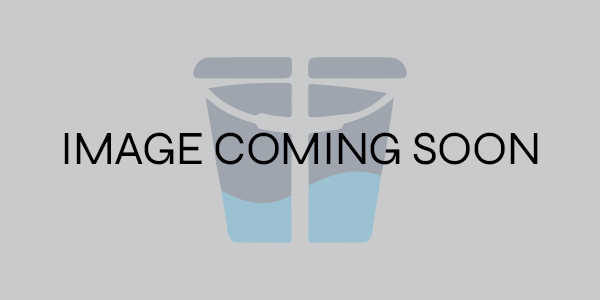“Every person has the human, basic and inalienable right of access to drinking water, as an essential asset for life. Water is a good of the Nation, essential to protect such a human right. Its use, protection, sustainability, conservation and exploitation will be governed by what is established by the law that will be created for these purposes, and the supply of drinking water for the consumption of people and populations will take priority.”
This is the amendment made in June 2020 to Article 50 of Costa Rica’s Constitution. This is an important step in the work to help all people around the world receive clean drinking water. Costa Rica Deputy Paola Vega asserted the importance of the legislation and the importance of clean water as a basic human right.
“This reform is going to guarantee that there is human dignity, because without water there is no dignity, there is no life, there is no economy, there is no way to survive,” Vega said.
Costa Rica Minister of the Environment Carlos Manuel Rodríguez said a law on water resources should be put into place soon to exercise the principles outlined in the amendment.
The United Nations (UN) also recognizes access to water and sanitation as basic human rights. The UN’s website explains why this access is important and should be a right of every person.
“Lack of access to safe, sufficient and affordable water, sanitation and hygiene facilities has a devastating effect on the health, dignity and prosperity of billions of people, and has significant consequences for the realization of other human rights,” the website states.
The UN website says that people of all nations are “rights-holders” and their governments are “duty-bearers.”
“Rights-holders can claim their rights and duty-bearers must guarantee the rights to water and sanitation equally and without discrimination,” the website says.
Though these proclamations and amendments are encouraging, they are not an immediate solution. Several other countries recognize the right to clean, safe water in their constitutions, including Kenya, Uganda and Mexico.
These are all countries The Bucket Ministry serves in. The constitutional changes took place in 2010, 1995 and 2012 respectively, and many of these countries’ citizens are still lacking clean water.
In many of these countries, there is not a quick solution to the water crisis. It could take years or even decades to create the infrastructure and systems needed to provide clean water to those in need. Meanwhile, hundreds of thousands are becoming sick or dying each year from unsafe water.
The world water crisis is not something that we can take our time in addressing. The Bucket Ministry is working daily in several countries to bring clean water to those without.
Want to help us address the world water crisis? Donate monetarily here: https://thebucketministry.org/donate/. Find other ways to get involved here: https://thebucketministry.org/get-involved/.


